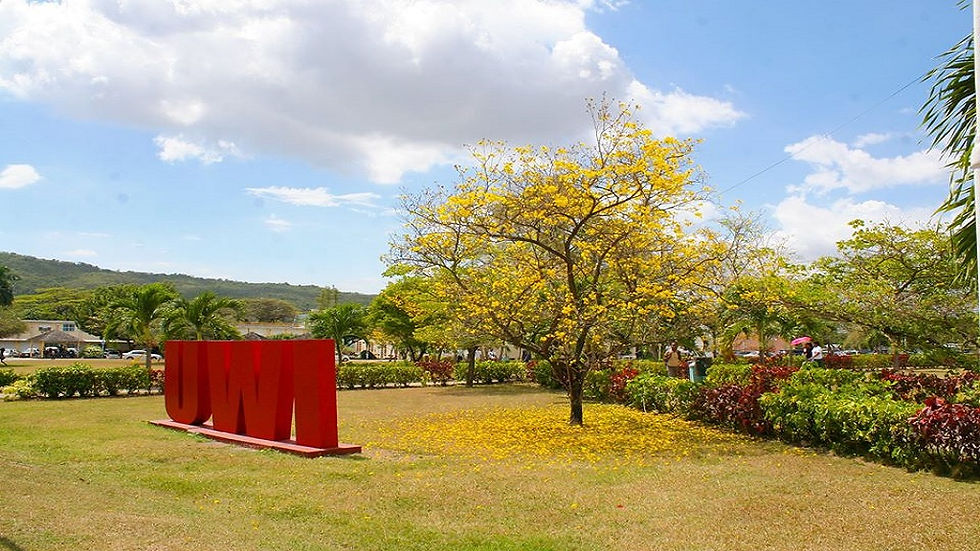
The University of the West Indies (UWI) Mona campus is undeniably leading a charge in electric vehicle (EV) technology and sustainable transportation within the Caribbean. Professor Tannecia Stephenson and her team deserve commendation for their timely work in this critical demand-side area. Their efforts to integrate EV technology into educational programs, coupled with strategic partnerships, could be laying the foundation for a greener, more sustainable future for the region.
It is refreshing to witness a Caribbean institution proactively addressing the challenges posed by climate change and fossil fuel dependency. By developing occupational standards and training programs in electric mobility, UWI is equipping the region with an aspect of the human capital necessary to transition to a low-carbon economy. The collaboration with TVET institutions and eager industry partners is a pregnant move that promises to bear tangible results in terms of job creation and, hopefully, some technological advancement.
However, while UWI’s focus on electric vehicles is commendable, it is essential to acknowledge that this is merely one piece of a much larger puzzle. The transition to a truly sustainable future requires a comprehensive approach that addresses both the demand and supply sides of the energy equation.
The Caribbean's heavy and lazy, oil-guzzling addiction to petrochemicals-based electricity generation is a glaring, now clearly avoidable, overdosing vulnerability.
While modern grid management systems can now quite readily cope with 'balancing' intermittent renewable energy sources, the region must learn to lust healthily: to vigorously shift its hankerings away from its dangerously debilitating daily diet of oil and yet more imported oil and gas. Investing in renewable energy infrastructure, such as solar, wind, hydro, and biomass, is imperative. Moreover, exploring innovative energy storage solutions, including those that leverage the region's unique energy storage potential via its, often un-Europe-like, mountainous topography, is crucial for maximizing the benefits of renewable energy.
It is at this juncture that UWI has a unique opportunity to make a genuinely significant impact. The university's role should not be limited to promoting EV technology; it must extend to becoming a leading authority on renewable energy production and energy efficiency in the Earth's humid tropical regions such as those we CARICOM citizens inhabit.
Let me say this: It is incumbent on academic leaders in UWI's Physics, Geosciences, and other environmental departments to educate UWI's own less rigorously informed staff members, credulous government functionaries, and often feigningly agog business/finance leaders about the realities of nuclear power.
It's important to decisively dispel the misconception that Small Modular Reactors (SMRs) or any other nuclear technology can be transfigured by anyone's designs or money into green or renewable energy in any way, shape, or form.
Nuclear power, while a significant energy source, does not meet the criteria for green or renewable energy due to its environmental and safety concerns, radioactive waste products, potential for catastrophic failure, and the finite, "wasting", nature of its Uranium raw materials.
At the risk of repeating myself, The university's scientists and experts must be at the forefront of educating CARICOM's people about the environmental and safety hazards associated with nuclear power, including the long-term management of nuclear waste.
Accurate information dissemination is essential to ensure informed decision-making and the advancement of genuinely sustainable energy solutions.
That said, UWI's Net Zero Energy Building (NZEB) is a shining example of what is possible when renewable energy is prioritized. This project demonstrates that sustainable building practices and energy efficiency can be achieved in a tropical climate. The university should replicate this model across its campuses and share its expertise with the wider community.
Here's the thing: UWI Mona is making commendable moves in promoting EV technology and sustainable transportation. However, the university's potential to drive transformative change extends far beyond electric vehicles. By becoming a leading authority on renewable energy, energy efficiency, and climate change mitigation, UWI can position itself as a catalyst for a sustainable future for the entire Caribbean region. It is time for UWI to expand its vision, embark on a higher trajectory, and embrace the full spectrum of challenges and opportunities presented by the energy transition.
The future of the Caribbean depends on bold leadership and innovative solutions. UWI has the potential to be among those at the forefront of this critical endeavour.
by Dennis A. Minott, PhD, MISES
Verde Siempre Group and A-QuEST
July 27, 2024.
%202021_edited_edited.jpg)






Comentários